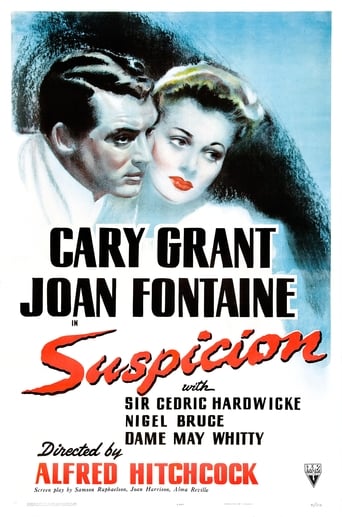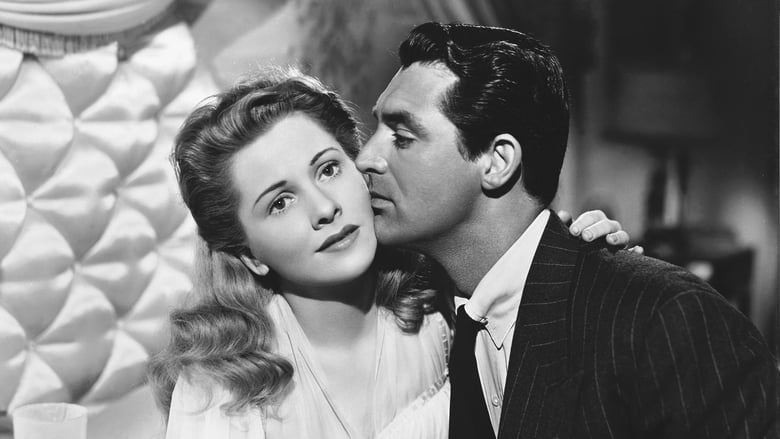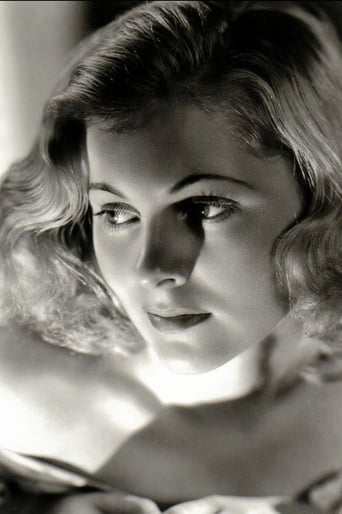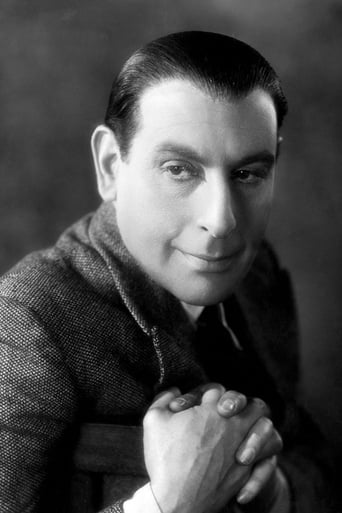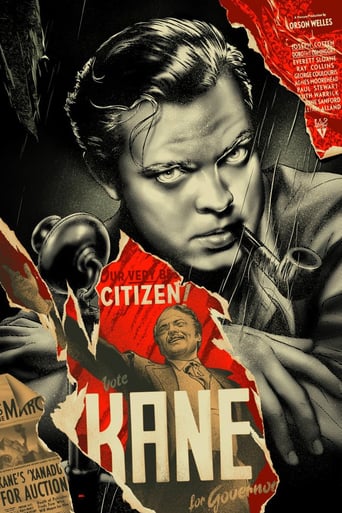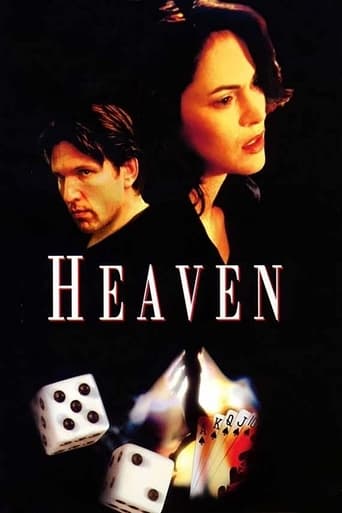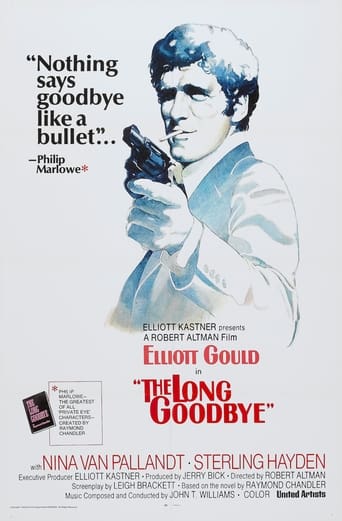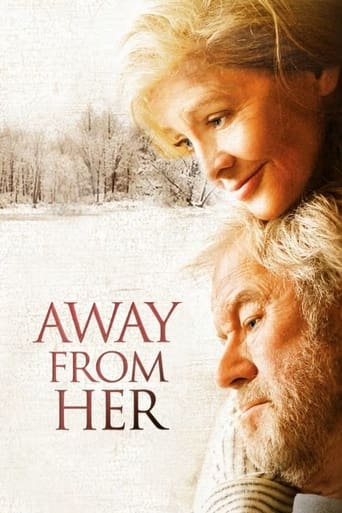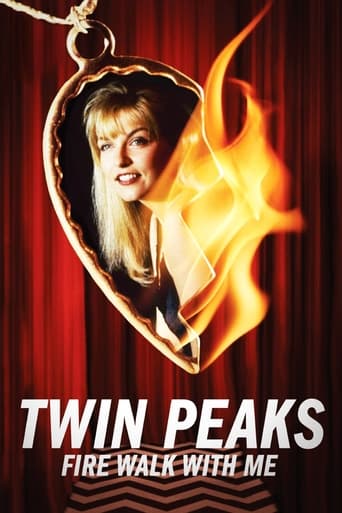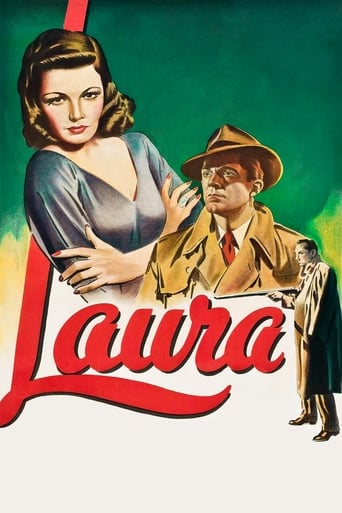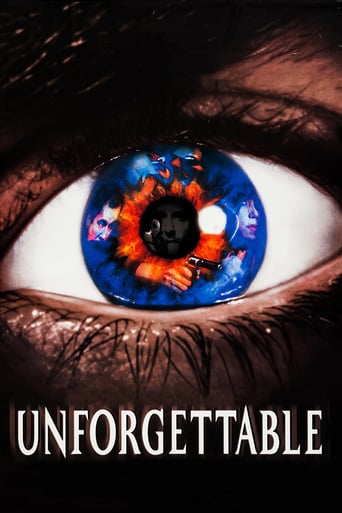Suspicion (1941)
Wealthy, sheltered Lina McLaidlaw is swept off her feet by charming ne'er-do-well Johnnie Aysgarth. Though warned that Johnnie is little more than a fortune hunter, Lina marries him anyway and remains loyal to her irresponsible husband as he plows his way from one disreputable business scheme to another. Gradually Lina comes to the conclusion that Johnnie intends to kill her in order to collect her inheritance.
Watch Trailer
Cast


Similar titles
Reviews
One of Hitchcock's better films from the 1940s, "Suspicion" holds up well despite its disconnection from the modern world. Maybe that's part of its appeal. It's got all the Hitchcock hallmarks - suspense, humor, glamour, sophisticated repartee, fine craftsmanship. Cary Grant is endlessly charming whether he's a hero or villain; It doesn't matter. Joan Fontaine commands the screen in a quiet, subtle way. She is lovingly photographed throughout, looking, arguably, at the peak of her beauty. The ending is highly problematic. Some viewers are okay with it. I find it awkward and stagy. It upends everything that's gone before it, blithely dismissing all that previous tension with a wordy and bogus explanation. The plot builds to a murder which never occurs. Still, "Suspicion" engages on every repeated viewing.
This is one of my favorite Cary Grant films, although it is certainly not at the top of my Alfred Hitchcock picks. I thought I had already reviewed it, and was coming on the site to update because I had just upgraded to the new Blu Ray edition. A comment about that first. I do not feel that the upgrade from regular DVD to Blu Ray is, in this case, worth it; the improvement is marginal.Joan Fontaine (Lina) is a bookish, almost spinsterish young woman who stumbles upon an intriguing ne'er-do-well (Johnnie Aysgarth), played by Cary Grant. When Fontaine hears her parents (Sir Cedric Hardwicke and Dame May Witty) in a conversation where they discuss the unlikelihood of her ever marrying, she falls in love with Grant, almost in spite of her parent's viewpoint. But, she soon is in real love with Grant, and they marry rather quickly. Into the picture comes Nigel Bruce as sort buffoonish 'Beaky', whom Grant sort of watches out for...or does he. In one incident after another, Grant disappoints Fontaine: first he turns out to have no job or income, then he gets a job...and secretly loses it, and then he sells her father's prize chairs without her permission. She begins to like Beaky, and it begins to appear that Grant may plan on murdering the silly man to gain his money in a business deal. Sure enough, Bruce dies, and Grant's involvement seems almost a certainty. And then, the question becomes: will he also murder FOntaine...by poisoned milk? Or does he finally become a man?Cary Grant is my favorite actor (or at least tied with Spencer Tracy). And he is perfect for his role here...and plays it to maximum effect. On the other hand, although I don't dislike her, I'm not a fan of Joan Fontaine...but in watching this film this time around, I have to admit that Fontaine (who won the Academy Award for this performance) literally steals the show. Sir Cedric Hardwicke and Dame May Witty have very minor roles here. Important to the film, but very brief. Nigel Bruce's role is more substantial, and he is good in it, but I sometimes tire of him always playing the buffoon.It's difficult to find much wrong with this film. It is in Hitchcock's more subtle career phase...which I much prefer. Apparently the film is MUCH different than the novel; the film leaves out all of Grant's infidelities. And, instead of being a real cad (as in the book), the film becomes more a tale of a woman with suspicions. Today, I'm sure the film would be a very much different one.
Playboy Johnny Aysgarth (Cary Grant) meets quiet Lina McLaidlaw (Joan Fontaine) on a train. He flirts with her and she eventually lets down her guard. They run away to get marry despite her disapproving father. She starts to discover his true nature afterward. He's a jobless, penniless gambler. He goes to work for his cousin Captain Melbeck after she insists on him getting a job. Johnny's friend Beaky (Nigel Bruce) tells her that he is still a lovable gambler. He got fired for embezzling his cousin and he has sold the family heirloom chairs. Lina's father dies and Johnny is annoyed that Lina gets nothing of value. Johnny talks the gullible Beaky into investing in a scheme. Lina tries to talk Beaky out of it. Later Beaky is dead. Lina has suspicion that Johnny may have killed him and trying to kill her for the insurance money.Cary Grant is so charming that it's no problem to believe Joan Fontaine would fall for him completely. The trick by Hitchcock is throw every doubt on the man. Everything he's ever done is a clue. Did he even purchase the first class ticket in the first place or was he stalking her? Hitchcock makes it easy to believe that he could actually kill. Grant is so charming that every lie is unnerving. Fontaine is reflecting every fear that Hitchcock lays out for the audience.
In "Suspicion", Hitchcock takes the audience on a ride. The story starts by mixing two seemingly incompatible people--Cary Grant as Johnnie and Joan Fontaine as Lina--and making them a couple. She is a studious, introspective, conservative woman and he is an impetuous, impertinent, immature extrovert. Their joining is the recipe for some kind of discord.Lina is the viewer's avatar in the film. Notice how the story follows her point of view. Much of the circumstantial evidence that points to Johnnie's guilt is viewed through her eyes, conveyed through her external clues to inner turmoil in a great performance by Fontaine. Note the way Hitchcock lights the interior of their home--usually with a multitude of shadows. He frames Lina with the shadows of the large window, a cage, making her a prisoner of her own love for Johnnie.The dream of happiness that was the center of their honeymoon becomes a nightmarish roller coaster ride of emotions as soon as they return home. Lina is an amateur regarding relationships, so it takes her a while to understand her feelings and to learn what limits her fidelity has.As the evidence--circumstantial and otherwise--piles up (perhaps a little too neatly), Hitchcock asks the viewer to understand Lina's confusion and her ambivalence. But it is human nature to want to exhaust every last shred of doubt in defending one's love, so we take the journey with Lina until finally there is only certainty. The script is very tight and cleverly written and the score is lush, accenting the emotional highs.Hitchcock wanted a darker ending, but still managed to create an ending that delights in having taken the audience for a ride. He would get his darker ending two years later, with "Shadow of a Doubt". In both cases, note how he uses a waltz theme for the one under suspicion.I thoroughly enjoyed this film. It is filled with prototypical Hitchcockian elements (e.g. his focus on her hair). Joan Fontaine's performance alone--so nuanced, especially when compared to some other portrayals of women spiraling toward a breakdown--makes the film worth watching.

